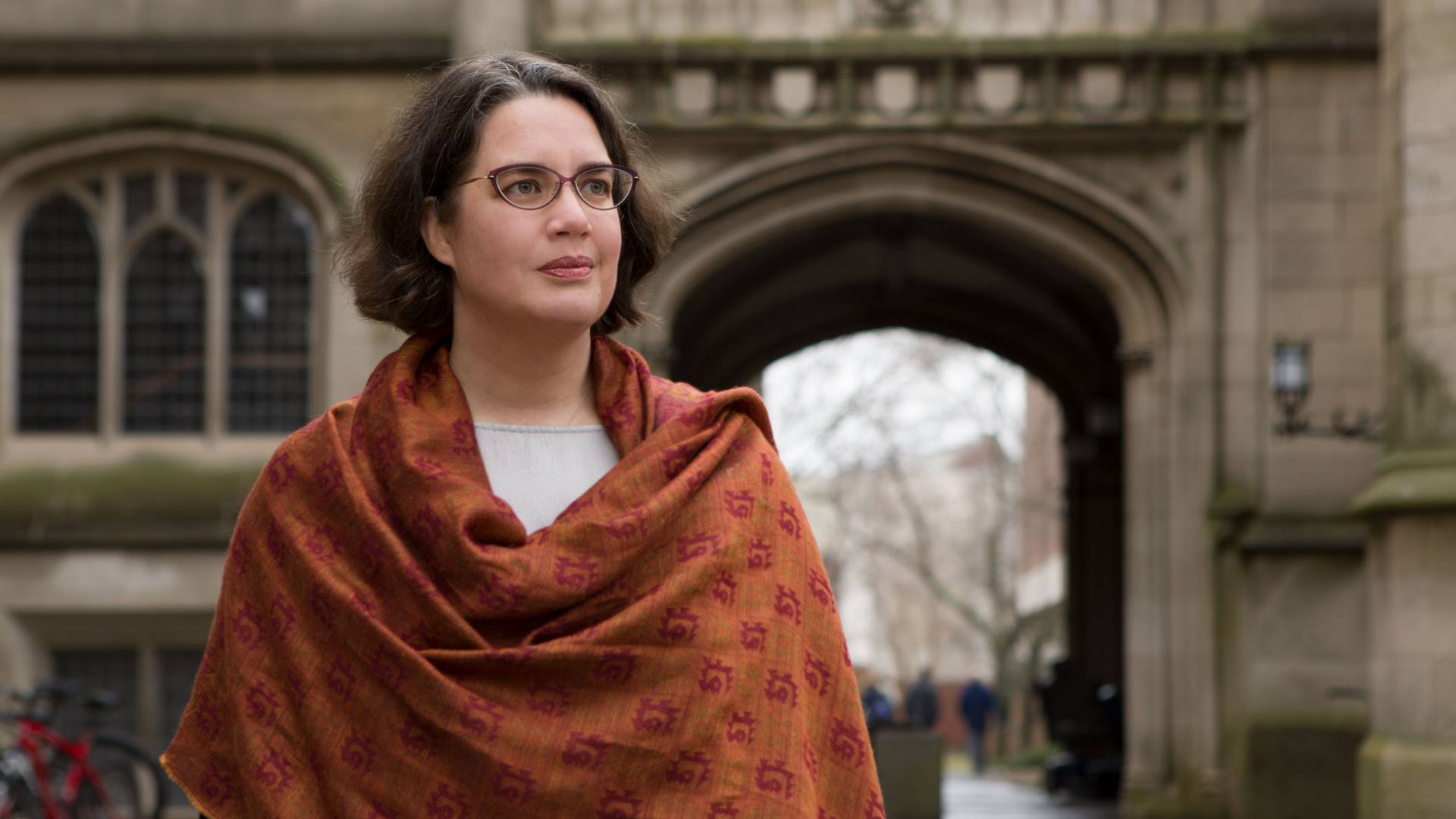Since Charles Darwin first put forth his theory of sexual selection in the 19th century, there has been endless debate about what drives procreation. What is the relationship between male-male competition and female choice? And can animals truly exercise “choice?”
These questions preoccupied Erika Milam as she was working on her graduate thesis in biology at the University of Michigan-Ann Arbor. She was studying the behavior of sculpins, a type of fish that reproduces in a dizzying variety of ways.
Milam, a professor of history and director of graduate studies for the Program in History of Science, had intended to become a field biologist. But her fascination with theories of sexual selection led to an unexpected shift in her interests toward the humanities. With a bachelor’s degree in biology from Carleton College and a master’s degree from Michigan in hand, she went on to attend the University of Wisconsin-Madison, earning a doctorate in history of science.
















